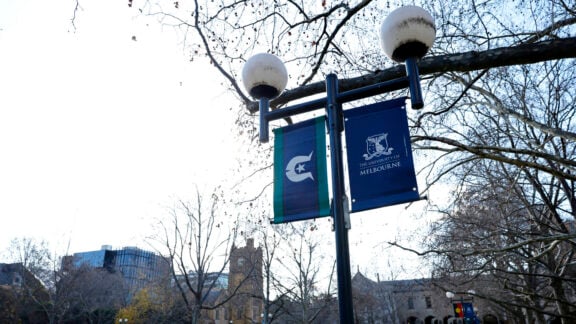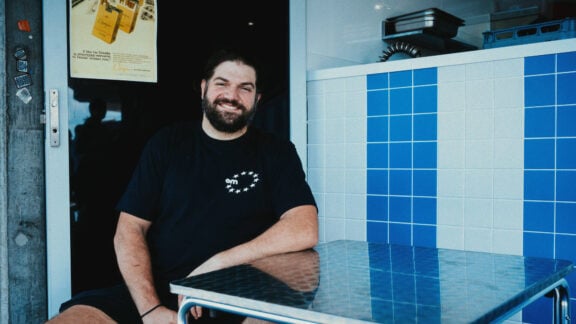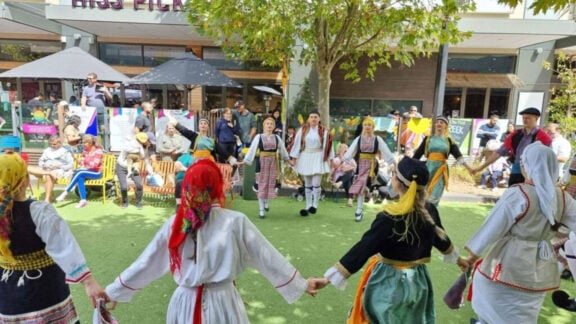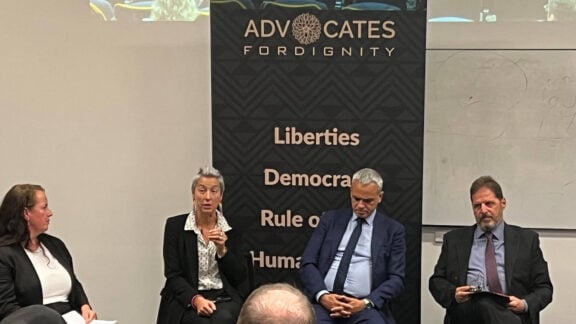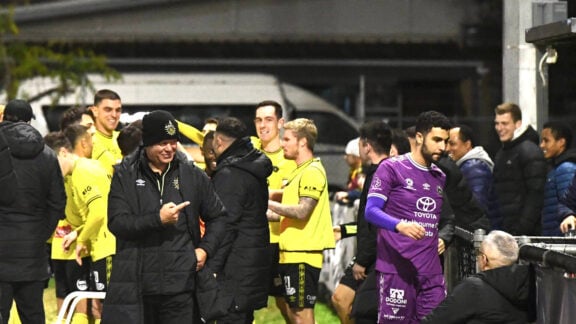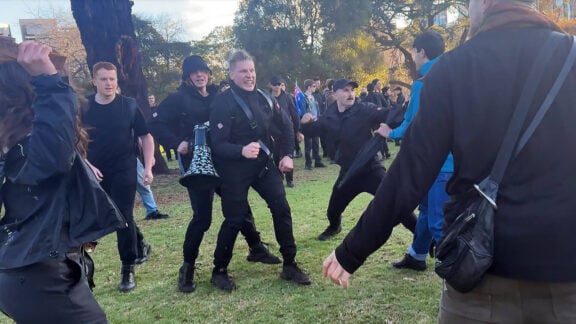One of the strangest stories to come out of Greece in the second half of the 20th Century came to an end with the passing of Kostas Sarantidis on 25 June – a Greek who was a hero in Vietnam where he was known as Nguyễn Văn Lập. He is the only foreigner to have been awarded the title of Hero of the People’s Armed Forces of Vietnam.
The child of refugees from Asia Minor, Mr Sarantidis was born in Thessaloniki in 1927. His life changed drastically when, at 16 years old, he was arrested by German occupation troops for selling smuggled tobacco.
For this “crime”, he was sentenced to march on foot to Germany where he was to serve at a forced labour camp. His family were not to hear from him for many years and came to believe that he had died.
Mr Sarantidis escaped his captors near Vienna. He was able to steal a military uniform which he used as a disguise that helped him to evade capture for the rest of the war.
“Together with a Yugoslav we managed to break it (escape), we also stole two German uniforms and these became our ‘passport’ until the end of the war. All this time, from the night I disappeared from Irini Street in Vardaris, my family did not know if I was alive or dead,” Sarantidis said in a frank interview with the Greek newspaper, Kathimerini in 2014.
When the Second World War ended in Europe, Mr Sarandithis made his way to Rome where he unsuccesfully tried to get repatriated to Greece. He failed because he did not have identity documents and opted to join the French Foreign Legion to support himself.
READ MORE: Ambitious Greek teaches English to the Vietnamese
He served for a time in Algeria and then, in 1946, he was posted by the legion to French Indochina (which incorporated modern-day Vietnam, Laos and Cambodia).
The mission of the legionnaires was to disarm the defeated Japanese soldiers in the region and to restore order.
In his first two months there, Mr Sarantidis came to dislike the methods employed by the French to subdue a population seeking independence from France. He contacted agents of the Viet Minh resistance movement and defected with a Spanish companion, taking with him his rifle and a machine gun.
“The guerrillas also tried us, but in the end we gained their trust and they accepted us,” Mr Sarantidis said in his 2014 interview.
As a member of the Viet Minh, he was given the name of Nguyễn Văn Lập and was to serve in a number of roles, eventually rising to the rank of captain. He joined the Communist Party of Vietnam in 1949.
“I took part in many fights, I was in danger many times, but I survived. And I got to get the rank of captain. I never regretted anything … did not do anything wrong. I considered that as a Greek I did my duty. What I could not do for my own country, I did for another that I felt was my homeland.
“I loved Vietnam and the people. They are born with a smile and die with a smile. Good-hearted people. I was declared a hero. They remember me all these years. They also write poems for me. One of them says ‘we thank Greece that gave birth to a myth for us and became our hero’,” Mr Sarantidis was quoted as saying.
When Vietnam was partitioned following the Geneva Conference of 1954, Mr Sarantidis moved to the newly created Democratic Republic of Vietnam (DRV), as North Vietnam was officially known. He retired from the army and married a Vietnamese woman, a housekeeper, who came to be accused of “reactionism”.
“My wife was unjustly accused of being reactionary and imprisoned. They … asked me what my position was. What could I do? I said that ‘if that is the case, I will have nothing to do with her from now on’. That was the period, many mistakes were made, many lives were destroyed.”
Mr Sarandithis worked as a translator for East German technicians who were setting up a printing press and then as a miner. In this time he married again and had three children.
Over the years, North Vietnam’s governing reviewed its earlier policies and sought to rectify mistakes. It released political prisoners including Mr Sarantidis’ first wife who insisted that she wanted to be reunited with her husband.
“They (the party), in order to get rid of it (the problem), called me and told me: ‘we want to help correct the mistakes that have been made. The party gives you permission to marry two women.’ I gave one (wife) at the door and got up and left.”
Mr Sarantidis was expelled from the Communist Party of Vietnam for not accepting the solution.
In 1965, with help from his brothers in Greece, he obtained passports and brought his family to Thessaloniki.
It was nearly a year before he finally found work as a driver for Greek aluminium producer Pechiney. He was to remain there until his retirement. His fourth child was born in Greece.
He joined the Greek Communist Party and worked to help Vietnam and to foster relations between Greece and Vietnam. He was also prominent in helping Vietnamese children affected by
Agent Orange, a toxic herbicide/defoliant employed by US forces during their long war in South Vietnam.
Mr Sarantidis accompanied Greek President Karolos Papoulias on his visit to Vietnam in October 2008. In 2010, he was given a Vietnamese citizenship and a passport and was to be awarded a number of honorary titles by the Vietnamese government and the ruling party.
“When the bullets leave, they do not come back to tell you where they went and what they did. If you do not kill, they will kill you. This is war. I managed and survived and today I am a hero in Vietnam,” Mr Sarantidis said.
Greek filmmaker John Tsitismibidas charted the life of Mr Sarantidis in his documentary “Viet-Costas.Citizenship: Undefined”.
READ MORE: Vietnamese Australian student pleads for a Greek wife in video gone viral



